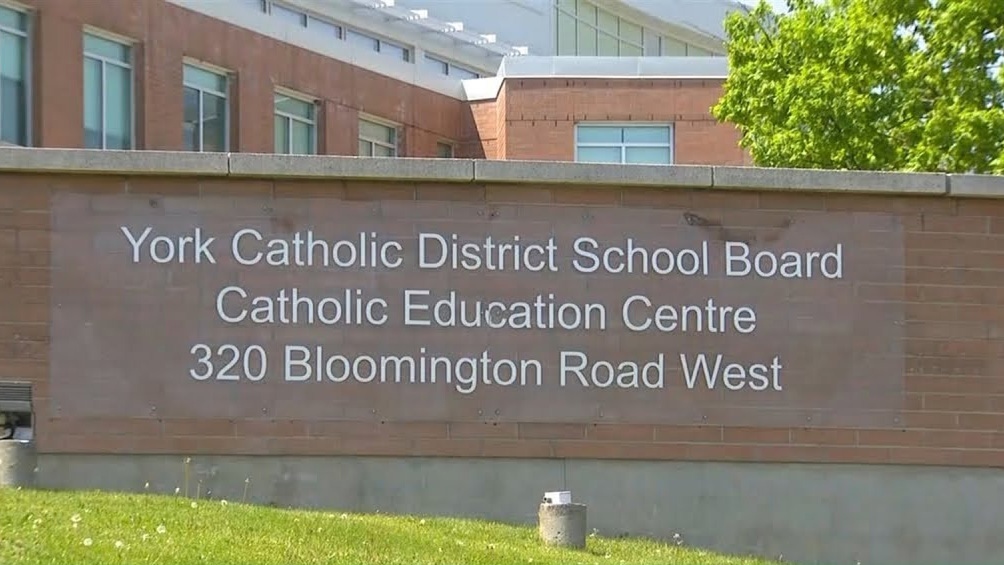The future of Ontario school boards faces scrutiny from the Ford government due to concerns regarding their spending practices. Internal conflicts at one of the province's largest Catholic school boards, the York Catholic District School Board (YCDSB), have reportedly cost taxpayers nearly $208,000 according to a freedom of information request obtained by CityNews.
Michael Totten, the President of the York Catholic Teachers' union, commented on the issue, stating, “That’s a teacher out of a classroom. One teacher who could be making a change in students’ lives because a few trustees can’t get along with each other.” This statement highlights the pressing concern over the financial ramifications of board infighting on educational resources.
The legal conflicts stem from an incident involving trustee Teresa McNicol, one of the ten elected members serving on the YCDSB. Following a dispute with her fellow board members, McNicol was accused of breaching the trustee code of conduct. This led to extended legal disputes over the course of several years. In a notable judicial review, a judge ruled in McNicol’s favor, dismissing the allegations against her. However, the ensuing legal battles resulted in significant financial losses for the board, as other trustees attempted to contest the court ruling.
Totten expressed dismay over the expenditures, questioning, “Could that money not have gone back to really supporting students in our classrooms, which is probably the biggest thing we all want?” His remarks bring attention to the potential misuse of funds that could otherwise benefit students directly.
Ontario's Education Minister Paul Calandra has cited instances of wasteful spending at various school boards to justify the government's decision to strip elected trustees of their authority at five of Ontario’s largest school boards, opting to replace them with government-appointed supervisors. Notably, the YCDSB was not included among these five boards that saw such a shift in governance.
Calandra has indicated the possibility of eliminating trustees throughout Ontario by the end of the year, a move that has ignited significant backlash. During discussions, Totten registered his disagreement with this proposed approach but acknowledged the necessity for stronger provincial oversight of elected trustees. He stated, “Money that the boards are given need to be going into our classrooms, I’m absolutely in agreement with that, and I don’t find that’s happening here in York all the time. I do think there’s wasteful spending among our trustees that they need to be better about.”
In response to these developments, advocates gathered at Queen’s Park, calling for the Ford government to reconsider its position and return authority to the elected trustees. Joe Tigani, the president of the Ontario School Board Council of Unions, articulated the sentiment of many, asserting, “Elected local school board trustees, although they may not be perfect all the time, they’re there for your community and you elected them.”
In light of the controversies surrounding board governance, the YCDSB has indicated that it has revised its code of conduct policy. The board asserts that its primary focus remains on delivering effective governance for its staff, students, and their families. This situation underscores the ongoing tension between financial management and community representation in the realm of education governance in Ontario.












